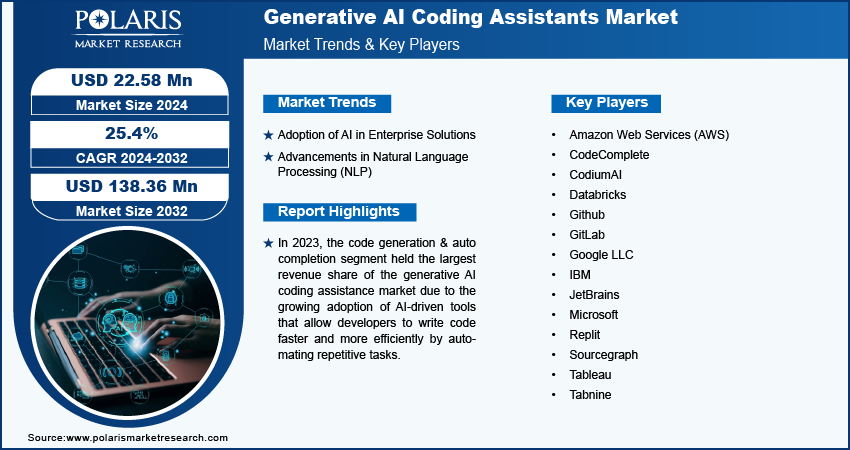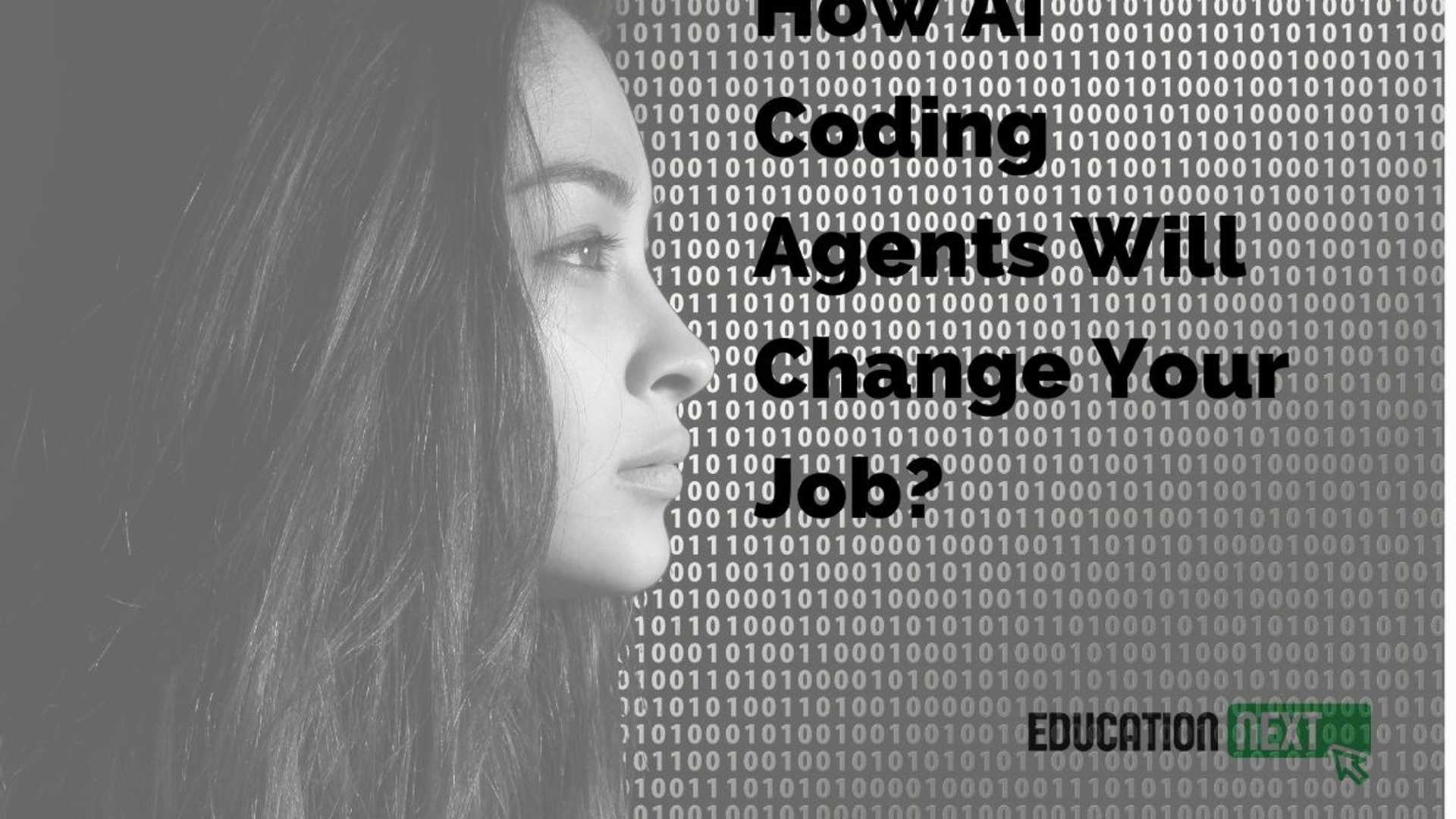How AI Coding Agents Will Change Your Job?
Oom Blomfield and David Lieb, both Group Partners at Y Combinator (YC), discussed the revolutionary impact of AI coding tools on software development. Blomfield, the co-founder of Monzo, a UK challenger bank that has raised over £500 million and serves 10% of the UK population, shared insights from scaling a fintech giant. Lieb, the co-founder and CEO of Bump (YC S09), a mobile app with over 150 million users for photo sharing, provided perspectives from consumer tech. Their conversation, sparked by Blomfield's provocative tweets, emphasized how AI enables small, agile teams to achieve tasks that once required large engineering forces, with profound implications for startups and knowledge work.
The Rise of AI in Software Development
In a recent tweet, Blomfield compared software engineers to organic farmers and AI coding tools to the "combine harvester," igniting a debate. He suggested that like the harvester revolutionized food production by reducing the need for farmers, AI tools will significantly boost software output while potentially diminishing traditional engineering roles. Blomfield's viewpoint stems from his hands-on experience, where he experimented with various no-code platforms like Lovable and Replit before advancing to tools such as Cursor, Windsurf, and Claude Code.
Blomfield's most notable project, recipeninja.ai, illustrates the power of AI. This 35,000-line codebase, supporting thousands of users and an interactive voice agent, was developed without Blomfield writing a single line of code. He marveled at how these tools made him "10 times more powerful" than a decade ago, showcasing their transformative potential.
The Growing Adoption of AI Coding Tools
At Y Combinator, Blomfield and Lieb observed a significant increase in the adoption of AI coding tools. In the latest batch, 33-50% of companies primarily utilized these tools, indicating a shift towards their reliability, especially among startups with smaller, less complex codebases. Lieb highlighted that forward-thinking founders are embracing AI coding as a hallmark of innovative startups.

Challenges and Opportunities in the AI-Driven Future
While critics raised concerns about the suitability of AI tools for professional-grade codebases and the potential impact on job demand, Blomfield and Lieb argued that AI tools will evolve rapidly, surpassing incumbents and potentially reshaping traditional engineering roles. They foresee a future where AI-driven software development becomes the norm, leading to a redefinition of job roles and skill requirements.
Guidance for Navigating the AI-Driven Landscape
Blomfield and Lieb offer practical advice for current and aspiring founders entering the AI-driven landscape:
- Master AI Tools Early: Stay updated with tools like Cursor and Claude Code to gain a competitive advantage as these tools evolve.
- Prioritize Human-Centered Problem Solving: Focus on identifying and solving human problems as a key skill for founders.
- Embrace Small, High-Agency Teams: Utilize AI tools to empower small teams to accomplish tasks that once required larger engineering teams.
- Capitalize on Unprecedented Opportunities: Seize the opportunities unlocked by AI in industries like law, education, and medicine, making it an exciting time to launch a startup.

This shift towards AI coding tools signifies a transformative moment in software development, offering new possibilities for innovation and growth. While challenges may arise during the transition, the potential for advancement and abundance in this AI-driven era is vast. For founders, adopting AI tools, focusing on human-centric problem-solving, leveraging small teams, and embracing the unique opportunities of this technological age are crucial steps forward.
Generative AI's Impact Across Industries: Capgemini's 2024 Report
Blomfield and Lieb's insights extend beyond software development, indicating that AI's influence is permeating various industries like law, finance, and medicine. The adoption of AI is becoming essential for staying competitive in these fields, with the potential to revolutionize knowledge work and create new opportunities.

This shift towards AI coding tools signifies a transformative moment in software development, offering new possibilities for innovation and growth. While challenges may arise during the transition, the potential for advancement and abundance in this AI-driven era is vast. For founders, adopting AI tools, focusing on human-centric problem-solving, leveraging small teams, and embracing the unique opportunities of this technological age are crucial steps forward.










